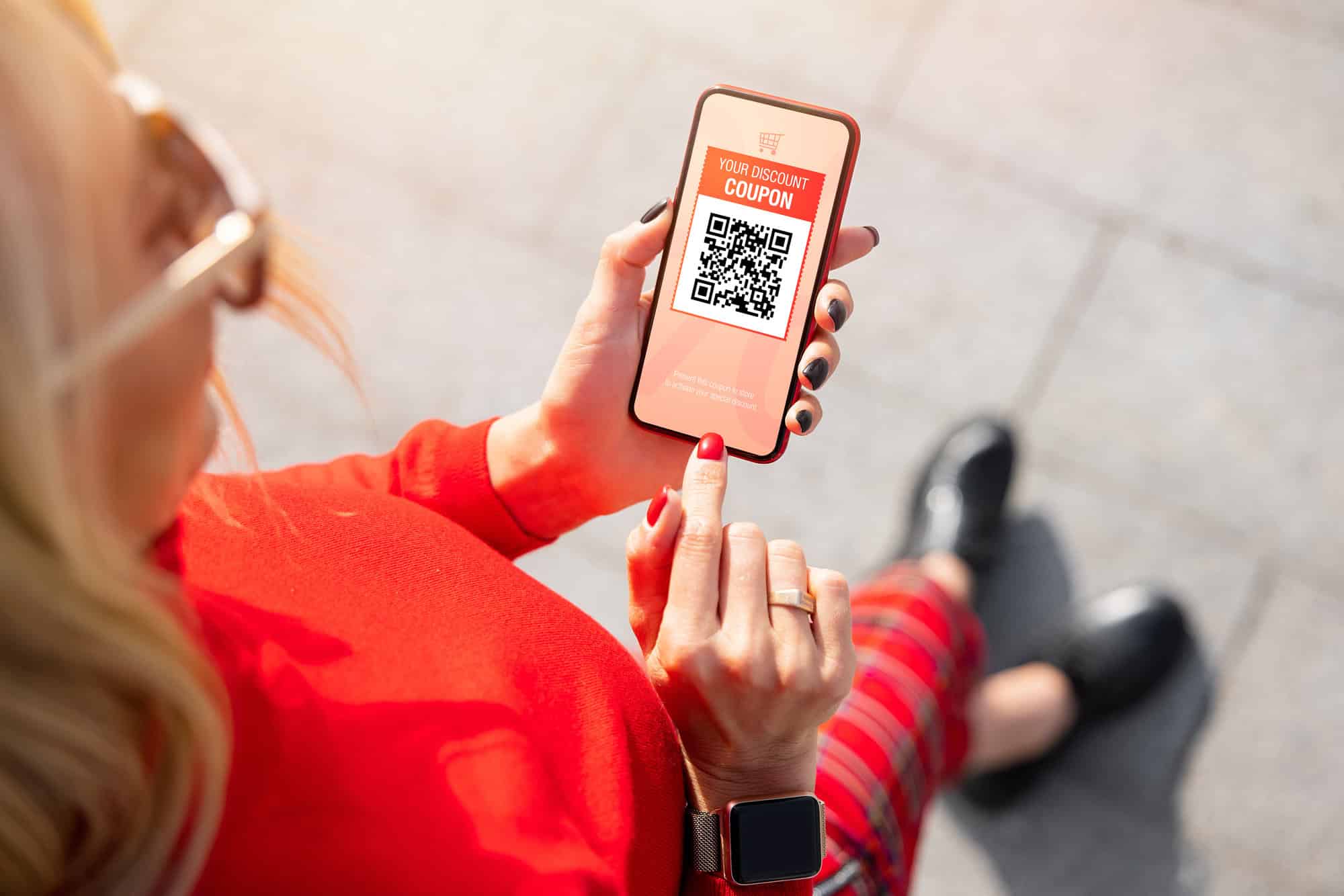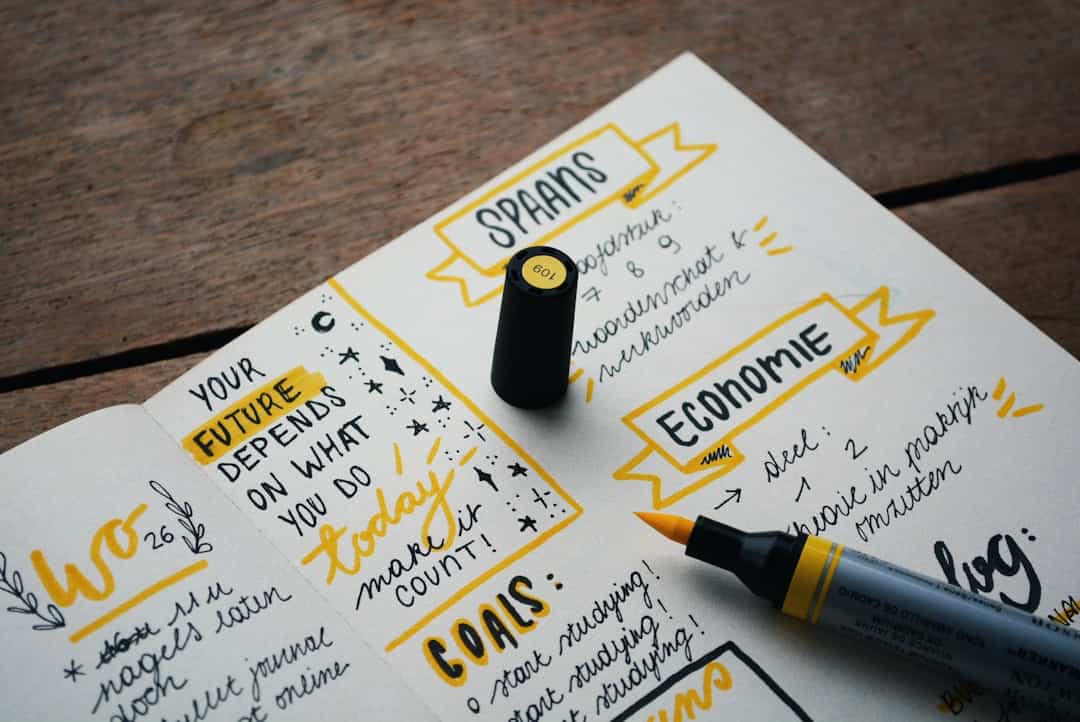We Skype, Google, Xerox and Photoshop as verbs, and when your brand goes from noun to verb, that’s “brand-verbing,” and it’s also a sign that you’ve reached the big time. Brand loyalty is a combination of factors. Despite the huge selection available, modern consumers still feel loyalty to the brands that they are familiar with. In fact, research by IRI found that 44 percent of millennials consider themselves to be loyal to the brands that they purchase.
Oftentimes, a brand name becomes a common term because of its ubiquitousness in every day life; other times because it is so new and useful that it disrupts the industry it springs from. Here’s a look at some of the brand-verbed titles that managed to become verbs and everyday terms, and the marketing power this transition creates.
Do You Netflix?
Oftentimes, when a business is the first to find widespread success and adoption of their service or product, they embed themselves in popular culture. For a brand like Netflix, this extends into an entire language surrounding the different forms of use for the product. We “Netflix binge,” watching season after season of a TV show in a brief period of time, thanks to how easy Netflix makes it.
We “Netflix cheat,” secretly watching ahead in a show instead of waiting for our binge-buddy to catch up. Asking someone “how do you Netflix” is a way to start a conversation about their viewing habits that is quickly and easily understood. So prevalent is the idea of “Netflixing” that Dish Network’s The Dig even has a test to see what kind of Netflix binge-watcher you are. Chances are, you’ll recognize the archetypes.
What does all this language add up to for Netflix? Free advertising in the form of word-of-mouth, peer pressure, and more. When Netflix first entered the entertainment rental industry, they quickly positioned themselves to provide a benchmark of convenience that crushed companies like Blockbuster.
When they adopted a streaming model for their content, they created a service that allowed customers to watch whatever they wanted on demand, without even having to leave the house. Being a trendsetter in the industry is what has people talking about “Netflixing” and not “Huluing.”
Google & Genericide
Perhaps the most well known modern example of brand verbing is “to Google.” Google’s popularity and dominance of the Internet search engine industry has changed the very language surrounding the act of looking for something on the Internet.
Google takes its name from the mathematical term “googol,” which refers to the number ten to the exponential power of 100, which is expressed as a one with one hundred zeros after it. The Lingua File reports that the first known use of Google as a verb comes from a 1998 email from Google co-founder Larry Page in which he told staff to “have fun and keep Googling!”
Google’s dominance of the search engine industry means that the term has come to mean in popular vernacular the act of searching for anything on the Internet with any search engine. In a way, this is problematic for Google. When a brand becomes so commonplace that their trademark becomes genericized, advertisers refer to this as “genericide.”
Take for instance the trampoline – originally, this was a trademarked name owned by the Griswold-Nissen Trampoline & Tumbling Company, but “rebound tumbler” is such an unwieldy way to refer to the product that trampoline became a generic term. Like Band-Aid, the brand name was a simple and easy to remember way of referring to a product with a complicated name. After all, what consumer wants to say “adhesive medical strip” when you could simply say Band-Aid?





